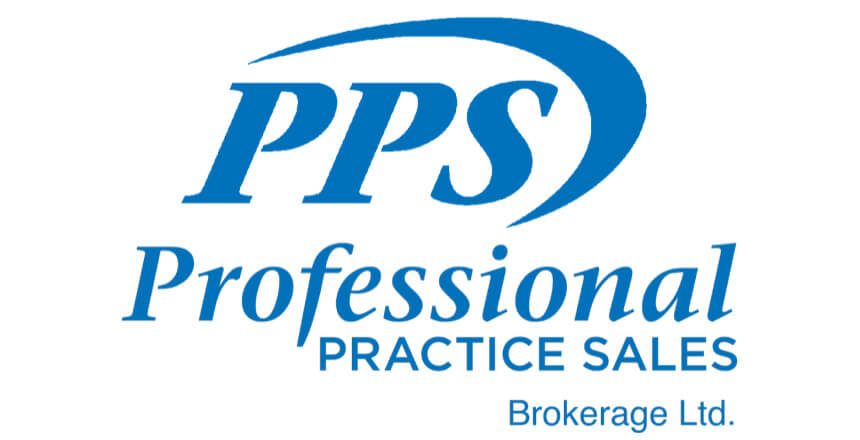
There are many value drivers that contribute to the sale price of a dental practice. There is an uber focus on gross revenue as the main value driver. Regular readers of The Professional Advisory will remember that gross revenue, while important, is certainly not a good yardstick of a practice’s value, particularly when taken in isolation. One of the lesser discussed, but very important value drivers is the value of a Good Team.
Dental offices usually employ very small teams of people. 80 per cent of dental offices run with between two and six team members. This small size makes it extremely important that people work together harmoniously and with a common purpose.
A client of ours was very fortunate to have recently spent some time with billionaire Sir Richard Branson – founder of the Virgin Group. One of the takeaways from that experience was that for any business (practice) to be successful, they must hire well, pay well, cultivate a culture of trust and respect, and then get out of the way!
This sounds easy but it is difficult to execute. Most dentists hire based on their gut feeling about a candidate. While this is fine, it creates a large margin for error. You were not trained in interview skills, you don’t know how to uncover people’s true strengths and weaknesses, and most importantly how can you ensure this person will fit on your team? As I write this, the Toronto Maple Leafs, whose roster has 11 players under 24 with 6 of those being rookies, have made the playoffs for the first time since 2004 and are doing well against the league leading Washington Capitals. Clearly, that organization has hired very well! How can you hire a successful team like the Leafs have done? You don’t have scouts, a back office that will support you, or a budget like they have. There are tools that are reasonably priced and can significantly lower the margin of error for you. Check out the Kolbe Index System at Kolbe.com or the DiSC Profile at discprofile.com. Both of these offer valuable insights into personality traits and compatibility that are very hard to determine by using your gut. I have seen these tools used very effectively in businesses from two team members to huge corporations with thousands of employees.
The next nugget is to pay well. This is also important but must be taken in context. A dental office already runs with fairly high overhead, so be fair or perhaps generous to the stars, but it must be within market range or you risk negatively impacting the value of the practice. Branson says to “train people well enough so they can leave, and then treat them well enough so they don’t want to.” Studies show that most people do not leave their current job for more money; they leave because of an attitude of indifference from their employer. You can develop a great team by creating a culture of trust, respect and empowerment. These people will stay with you for the long term and you do not need to pay them above the normal pay level for their job.
Lastly, how to cultivate a culture of trust and respect. You see examples of these businesses everywhere. Starbucks does it. Apple does it. My dentist’s office does it. This is where leadership and shared vision come in. If you are reading this and thinking, “I’m a dentist, I just need to do a good job with my patients and good things will happen,” please read on. It is assumed by your patients that you are a good dentist and you can take care of their dental health needs. Today’s dental consumers are savvy customers and they want more than that. In fact, they expect more than that and if you don’t give it to them, somebody else will. Work with your team to come up with your practice’s core value and value proposition. Have a shared vision and embrace this vision and these values. Your team will be engaged, won’t want to leave and most importantly, will champion that message repeatedly to your patients. This will help your practice flourish. A quick word about the “bad apple” on the team: if you have one and they are not willing to get on board with your vision, you must terminate them. They will hold everybody else back, including you from reaching your potential.
How does all of this translate into value for your practice? Beyond the obvious improved financial, growth and profitability numbers that enhance the value, there is also the intangible value. A practice that functions harmoniously will achieve better market value because the buyers will be able to discern that your practice is special. It will show up in the notes in the charts, the smiling faces in the pictures in the staff room, the length of employment, the neatness in the office and the quotes on the wall. These are all things we see in “those” offices. We won’t see instructions in the sterilization area to the staff from “management,” or patients with outstanding treatment that have slipped through the cracks. The office won’t be messy and disorganized.
Your team has great value to you, your patients and the future owner of your practice. Make it a great one!

